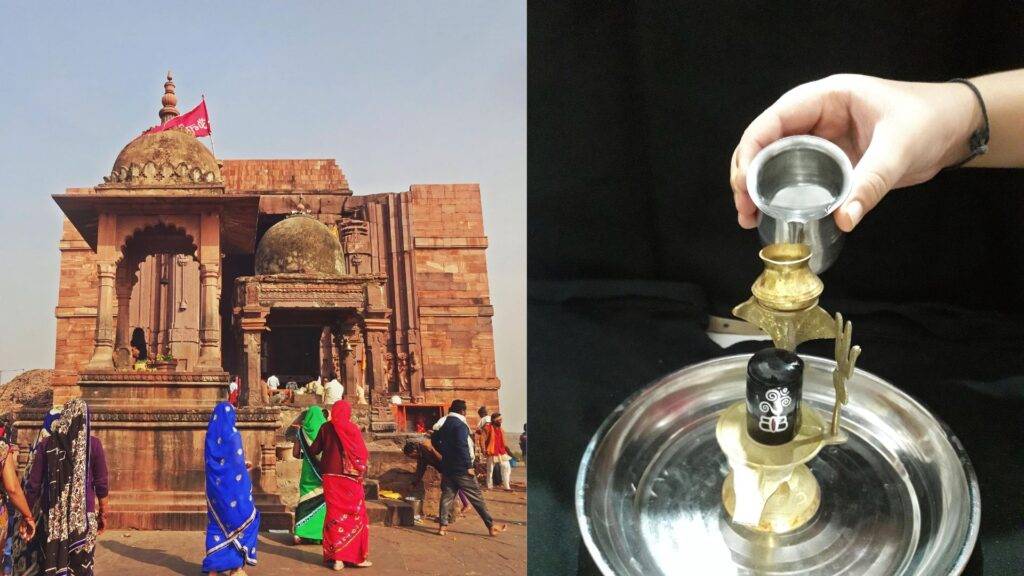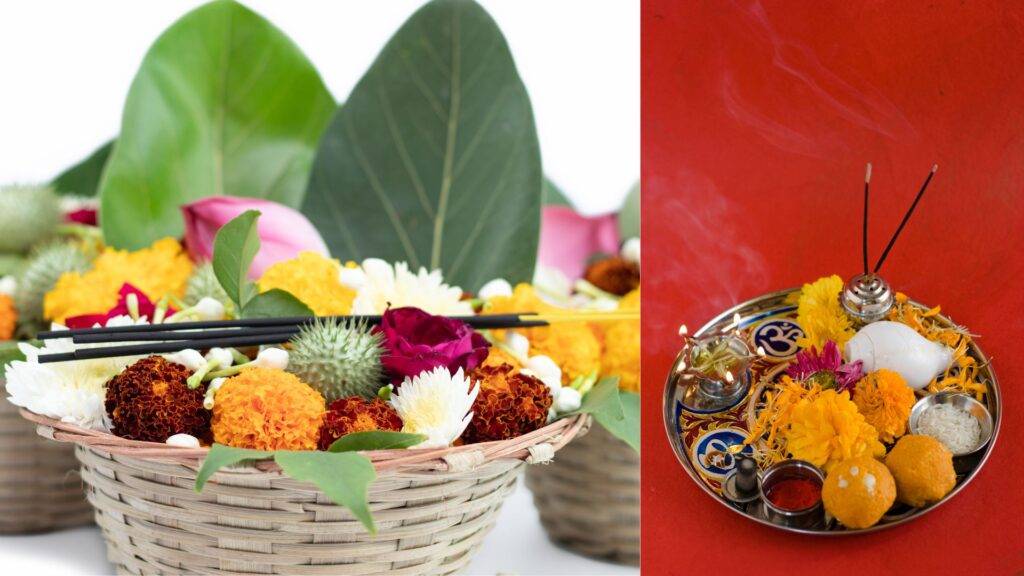Sawan, also known as Shravan, is considered one of the most auspicious months in the Hindu calendar. Dedicated to Lord Shiva, this month is filled with rituals, prayers, and devotion. Many devotees observe fasts and perform special pujas to seek blessings from Lord Shiva. If you’re looking to please Lord Shiva during Sawan and ensure your puja is conducted properly, here’s a comprehensive guide.
1. Understanding the Significance of Sawan

Sawan is the fifth month of the Hindu lunar calendar and typically falls between July and August. It is believed that during this month, the cosmic energy is particularly conducive to spiritual growth and devotion. Mondays of Sawan, known as Sawan Somvar, are especially significant, and many devotees observe a fast on these days.
2. Preparing for the Puja

Cleanliness and Purity
- Clean the puja area: Ensure the space where you will perform the puja is clean and free of clutter.
- Personal hygiene: Take a bath and wear clean clothes before starting the puja. Preferably, wear traditional attire.
Gathering Puja Items

- Shiva Lingam or Idol: The central piece for the worship.
- Bilva (Bel) Leaves: Considered very sacred and dear to Lord Shiva.
- Flowers: Fresh flowers, especially Datura and Akanda.
- Fruits: Seasonal fruits to offer.
- Panchamrit: A mixture of milk, yogurt, honey, ghee, and sugar.
- Holy water: Ganga Jal if available.
- Incense sticks, camphor, and diya (lamp).
- Vibhuti (sacred ash) and sandalwood paste.
3. Steps to Perform the Puja

1. Invocation (Dhyana)
Begin by meditating and focusing on Lord Shiva. Chant “Om Namah Shivaya” to invoke His presence and seek His blessings.
2. Offering Water (Abhishekam)
Pour water or Panchamrit over the Shiva Lingam or idol. This act symbolizes purification and devotion. You can use holy water or water from a clean source.
3. Offering Bilva Leaves
Place the Bilva leaves on the Shiva Lingam or idol. It is believed that these leaves have a cooling effect and are highly favored by Lord Shiva.
4. Applying Sandalwood Paste and Vibhuti
Apply a small amount of sandalwood paste and vibhuti to the Shiva Lingam. These substances are considered sacred and signify purity.
5. Offering Flowers and Fruits
Offer fresh flowers and fruits to the deity. Ensure the flowers are fragrant and not wilted.
6. Lighting Incense Sticks and Lamp
Light the incense sticks and camphor, and wave them in a circular motion in front of the deity. This is known as the aarti and is performed to honor and glorify Lord Shiva.
7. Chanting Mantras

Recite mantras dedicated to Lord Shiva. The most common and powerful mantra is “Om Namah Shivaya”. You can also recite the Maha Mrityunjaya Mantra for protection and well-being.
8. Concluding the Puja
End the puja by offering your prayers and seeking blessings for yourself and your loved ones. Distribute the prasad (the offerings) among family members and friends.
4. Observing Fast (Sawan Somvar Vrat)


Fasting on Mondays during Sawan is considered highly auspicious. Here are some tips:
- Simple Diet: Consume light and sattvic food like fruits, milk, and nuts.
- Avoid: Non-vegetarian food, onions, garlic, and grains.
- Hydration: Drink plenty of water and stay hydrated throughout the day.
- Meditation and Chanting: Spend time in meditation and chanting Lord Shiva’s mantras.
5. Key Points to Remember
- Faith and Devotion: Perform all rituals with utmost faith and devotion.
- Positive Mindset: Maintain a positive and peaceful mindset during the puja.
- Respect Traditions: Follow the traditional practices and guidelines as per your family or community.
By observing these rituals and performing the puja with sincerity, you can invoke the blessings of Lord Shiva during the holy month of Sawan. May Lord Shiva shower His grace upon you and your loved ones.




